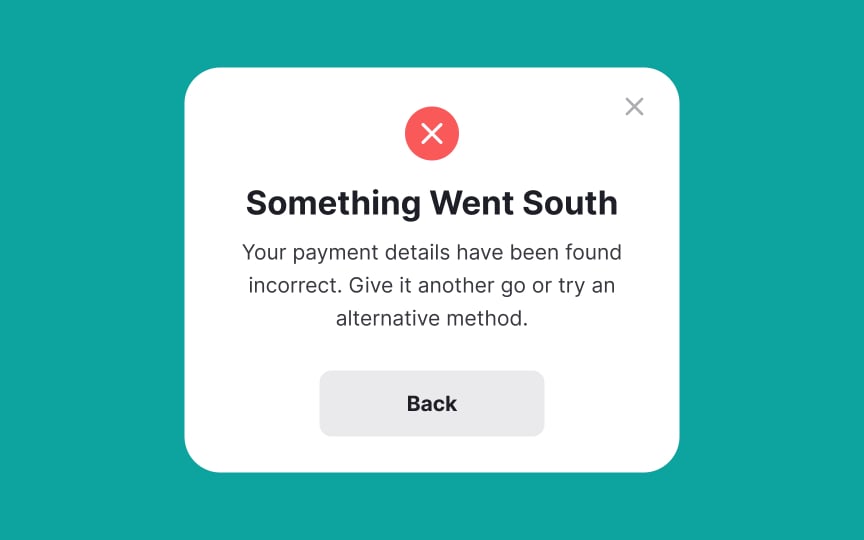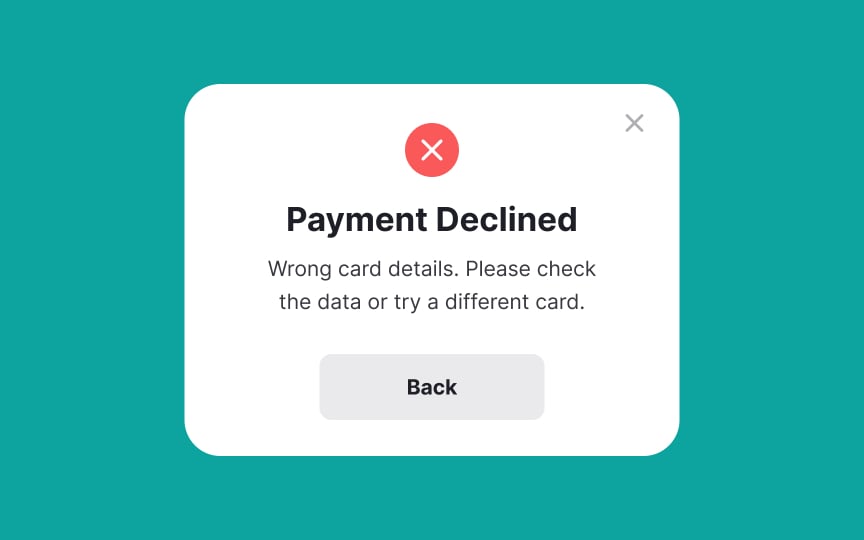Avoid idioms and figures of speech
People with language comprehension difficulties or learning disabilities may find phrases with double meanings confusing. This includes idioms, puns, and figurative language that can create barriers to understanding your content.
Idioms are expressions where the combined meaning differs from the individual words. When someone reads "couch potato" in a productivity article, they might be confused by the seemingly random mention of vegetables on furniture. The intended meaning of "lazy person" isn't apparent from the words themselves, especially for those learning the language or using translation tools.
Figurative language and cultural references can be equally challenging. A phrase like "my lobster" (referencing the TV show "Friends" to mean "soulmate") will confuse many users who aren't familiar with that specific cultural context. Keeping language literal and direct ensures your message reaches the widest possible audience.



